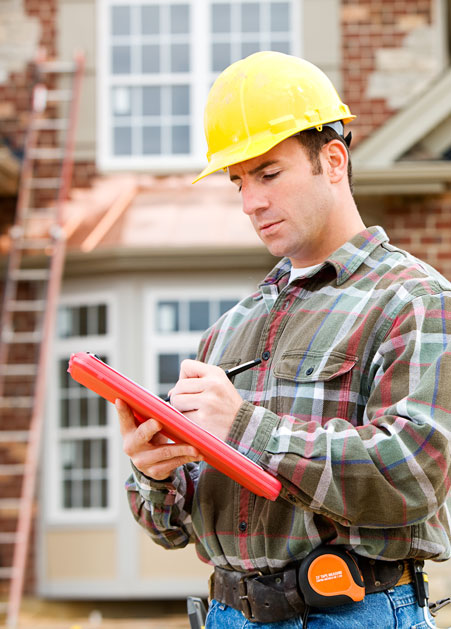
If you need assistance please call us at: (561) 422-4935
Impact Windows Requirement
The Florida Building Code (FBC) requires impact-resistant windows on all new residential and commercial construction in Florida. This requirement applies to all buildings located within one mile of the coast where the basic wind speed is 110 mph or greater. The FBC also requires impact-resistant windows on all new construction in high-velocity hurricane zones (HVHZs). HVHZs are areas that are particularly vulnerable to hurricanes, such as Miami-Dade and Broward Counties. The FBC's impact-resistant window requirement has been credited with helping to reduce the number of injuries and deaths caused by hurricanes in Florida. It has also helped to reduce the amount of property damage caused by hurricanes.
This requirement is not unique to only Florida; Louisiana, Mississippi, South Carolina and Texas also require impact windows to be installed on new construction. These states are all located in hurricane-prone areas, and impact windows are designed to withstand high winds and flying debris. Impact windows are made with laminated glass that is bonded to a strong inner layer, which helps to prevent the glass from shattering if it is struck by an object.
If you fail to install hurricane-proof windows in a High-Velocity Hurricane Zone (HVHZ) area in Florida, you may face the following consequences:
In addition to these consequences, you may also be liable for any damage that is caused by your home to other homes or property in the event of a hurricane.
If you are living in a HVHZ area in Florida, it is important to make sure that your home has hurricane-proof windows. This is the best way to protect your home and your family from the devastating effects of a hurricane.
The Florida Building Code (FBC) first required impact-resistant windows in new construction in 2002. This requirement was implemented in response to the devastation caused by Hurricane Andrew in 1992. Hurricane Andrew showed that traditional windows were vulnerable to shattering during hurricanes, which can lead to serious injuries and property damage.
Permit Requirement
You need to get a permit to install hurricane-proof windows in Florida as hurricane-proof windows are considered an addition to your home and must meet the building codes and safety requirements set by the state. Without a permit, your hurricane window installation could be considered illegal and subject to fines or penalties.
To obtain a permit, you will need to contact your local building department and submit an application (typically we do this for you). The application will typically require you to provide plans for the installation, as well as information about the type of hurricane-proof windows you are planning to install.
Once you have submitted your application, the building department will review it to make sure that it meets all of the requirements. If your application is approved, you will be issued a permit.
It is important to note that the permitting process can vary from one county to another. Be sure to contact your local building department to learn about the specific requirements in your area.
Here are some tips for getting a permit to install hurricane-proof windows in Florida:
Getting a permit to install hurricane-proof windows is an important step in protecting your home from the devastating effects of a hurricane. By taking the time to get a permit, you can ensure that your hurricane window installation meets all of the requirements and that your home is properly protected.
Palm Beach County Planning, Zoning & Building Department
Permit Center
2300 N Jog Road
West Palm Beach, FL 33411
https://discover.pbcgov.org/pzb/building/pages/permit-center.aspx
Broward County Building Code Services Division
Building Permitting
2307 West Broward Boulevard, Suite #300
Fort Lauderdale, FL 33312
https://www.broward.org/Building/Pages/default.aspx
Miami-Dade County Building Department
Permitting Customer Service Center
111 NW 1st Street, Suite 1210
Miami, FL 33128
https://www.miamidade.gov/global/economy/building/how-to-apply-for-permit.page
If getting a permit on your own you will likely need to pay a permit fee. The fee amount will vary depending on the county and the scope of the project.
Top Ten Questions About Impact Windows
Fill out the form below or call (561) 422-4935 to receive your free in-home estimate.